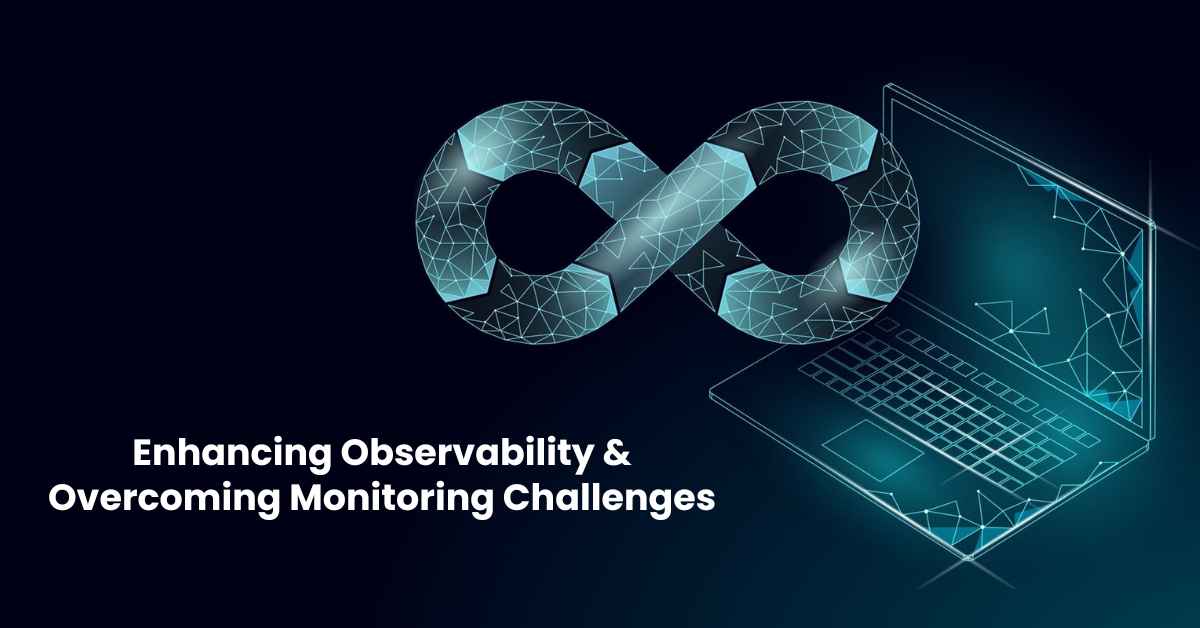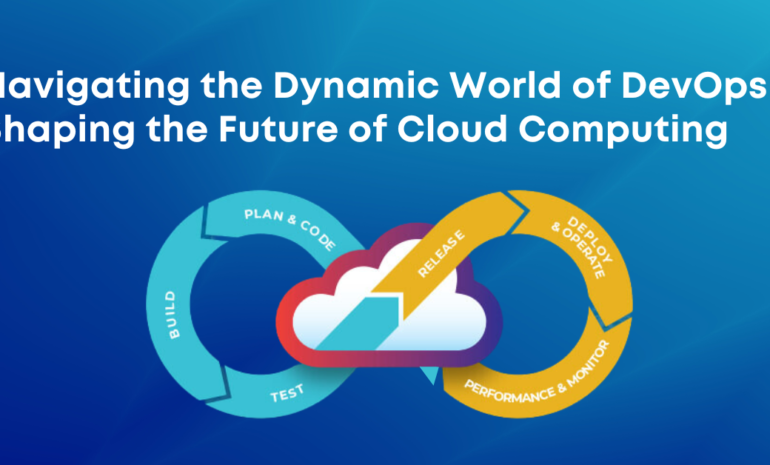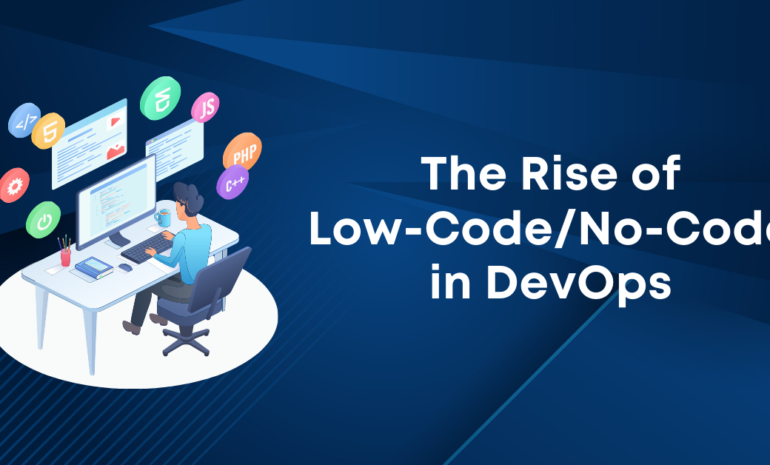Strategies for DevOps Teams to Enhance Observability and Overcome Monitoring Challenges
In the ever-evolving landscape of DevOps, observability has emerged as a critical element for ensuring system reliability and performance. However, organizations are encountering numerous hurdles on the path to effective observability. Here, we delve into some of the most pressing challenges and outline strategic measures that DevOps teams can take to bolster observability and address monitoring complexities.
Tackling the Rising MTTR Dilemma
The DevOps Pulse Report illuminates a concerning trend: Mean Time to Recovery (MTTR) is on the rise, signaling more extended outages and potential service degradation. This can often be traced back to fragmented data obstructing a cohesive view of systems. To counter this, adopting an integrated observability platform is vital. By centralizing visibility, engineers can diagnose and resolve incidents rapidly, curbing MTTR effectively.
Managing the Cost of Telemetry Data
With 53% of companies expressing concerns over telemetry data costs, it’s essential to reconsider the economic model of data storage. Traditional per-GB pricing models can lead to unpredictable expenses. Innovations like Coralogix’s alternative pricing approach, which significantly reduces costs compared to standard log storage solutions, can offer financial clarity and savings.
Simplifying Toolsets to Prevent Sprawl
A multitude of monitoring tools can lead to data silos and make it harder to derive actionable insights. To mitigate this, DevOps teams should evaluate tools critically and lean towards comprehensive solutions. A “single pane of glass” approach consolidates data across systems, providing a unified, synoptic view that simplifies correlation and analysis.
Embracing Kubernetes Without the Complexity
As Kubernetes becomes a staple in cloud-based DevOps strategies, its inherent complexity poses a hurdle. Organizations should invest in targeted training and encourage cross-team collaboration to build proficiency. Furthermore, tools that cater specifically to Kubernetes, like Coralogix’s Kubernetes Operator, can streamline management and bolster security.
Integrating Security into Observability
Security remains a formidable challenge, especially with the widespread adoption of Kubernetes. Strategies to mitigate risks include tight role scoping, employing service meshes, and enhancing security protocols. A unified approach to observability and security monitoring can significantly strengthen a business’s defensive posture.
Scaling with Open-Source Solutions
Open-source platforms offer flexibility but come with their own scaling and expertise challenges. To navigate these, leveraging tools like OpenTelemetry in conjunction with platforms like Coralogix can facilitate scaling and reduce the need for specialized knowledge.
Streamlining Data Pipeline Troubleshooting
Lastly, the performance of data pipelines is crucial for reliable observability. Using machine learning for anomaly detection and automating troubleshooting processes can greatly improve data quality and pipeline reliability.
Incorporating these strategies will not only alleviate common observability hurdles but also enhance a team’s ability to maintain high system performance. By focusing on streamlined tool integration, cost-effective telemetry data management, and comprehensive security practices, DevOps teams can significantly improve their monitoring capabilities and system resilience.
Conclusion
In summary, effective observability is crucial for DevOps teams to maintain system reliability and performance. Challenges like rising MTTR, high telemetry data costs, tool sprawl, Kubernetes complexity, security integration, open-source scaling, and data pipeline issues can be addressed through integrated platforms, cost-effective models, streamlined toolsets, targeted training, security measures, and machine learning. By adopting these strategies, DevOps teams can enhance monitoring capabilities, resolve incidents rapidly, reduce costs, and improve overall system resilience.




